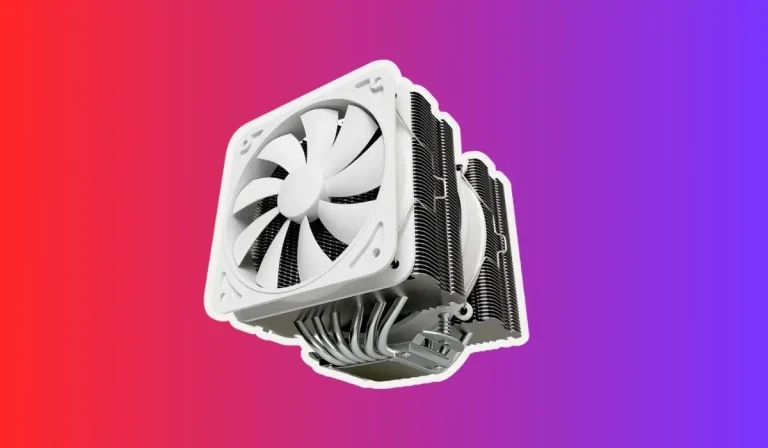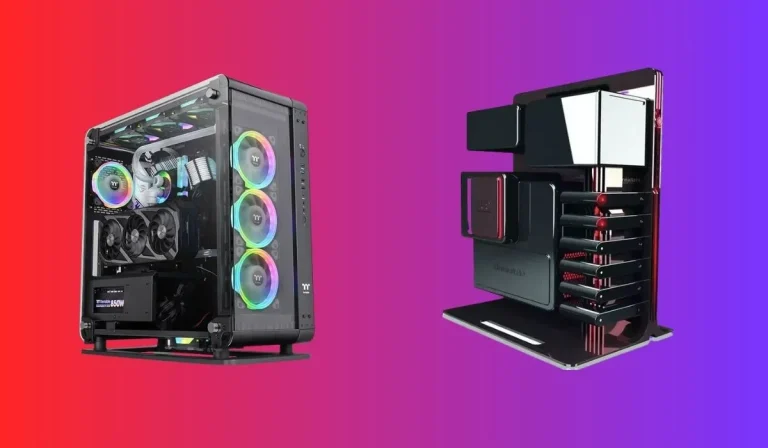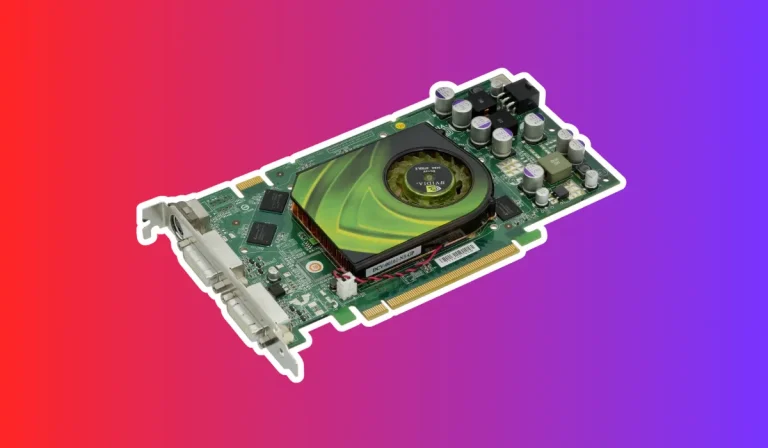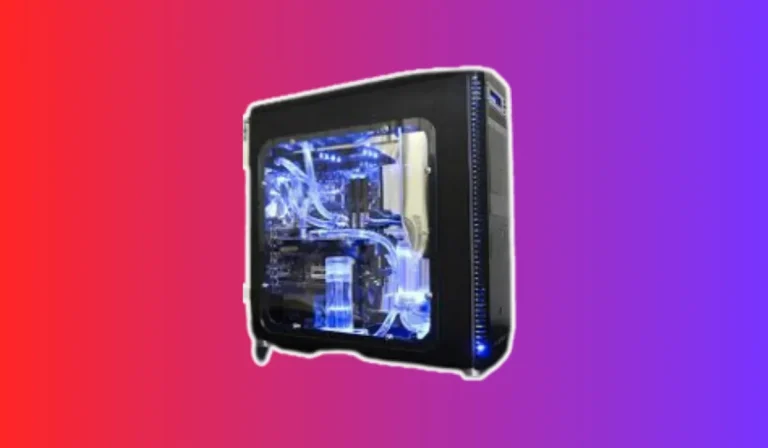How often should I upgrade my graphics card?
Are you an avid gamer looking to enhance your gaming experience? Then understanding the importance of a graphics card is crucial. We will delve into why a graphics card is essential for gaming and how outdated cards can significantly impact your gaming performance.
Factors to Consider Before Upgrading
How long has it been since your last upgrade?
The frequency of graphics card upgrades largely depends on how long it has been since your last upgrade. Technology advances rapidly, and newer graphics cards often come with improved performance and features.
If it’s been several years since your last upgrade, it may be worth considering an upgrade to take advantage of the latest advancements in graphics technology.
What are your gaming requirements?
Consider the types of games you play and their system requirements. More demanding games with higher graphics settings will require a more powerful graphics card to run smoothly. If you find that your current graphics card struggles to handle the games you play, it may be a sign that an upgrade is necessary.
Are there any compatibility issues with new games or software?
Newer games and software often come with higher graphics demands, and older graphics cards may struggle to meet these requirements. Before upgrading, research the system requirements of the games or software you intend to use.
If your current graphics card falls short, it’s a clear indication that an upgrade is needed to ensure optimal performance.
Signs That It’s Time for an Upgrade
Are you experiencing lag or low frame rates?
If you notice that your games are lagging or running at low frame rates, it could be a clear indication that your current graphics card is struggling to keep up with the demands of modern games. Upgrading to a more powerful graphics card can help alleviate these issues and provide smoother gameplay.
Does your graphics card struggle to run newer games?
As technology advances, newer games often come with higher system requirements. If you find that your current graphics card is unable to handle the latest games, it may be time to consider an upgrade. Upgrading to a newer graphics card will allow you to enjoy the latest games without compromising on performance.
Are you unable to utilize the latest graphics features?
Graphics cards often come with new features and technologies that enhance the visual experience in games. If your current graphics card lacks support for these features, you may be missing out on the full potential of your games.
Upgrading to a graphics card that supports the latest graphics technologies will allow you to enjoy enhanced visuals and immersive gaming experiences.
Tips for Maximizing the Lifespan of Your Graphics Card
Properly maintaining and cleaning your graphics card
Regularly cleaning your graphics card can help prevent dust buildup, which can lead to overheating and performance issues. Use compressed air or a soft brush to remove dust from the fans, heatsinks, and other components of the graphics card. Be gentle and avoid using excessive force to prevent damage.
Optimizing in-game settings for better performance
Adjusting the in-game settings can help reduce the load on your graphics card and improve overall performance. Lowering graphics settings such as texture quality, anti-aliasing, and shadow quality can significantly lighten the workload on your graphics card, allowing it to run cooler and more efficiently.
Monitoring temperatures and avoiding overheating
Overheating is a common cause of graphics card failure. Install monitoring software to keep an eye on your graphics card’s temperature and ensure it stays within safe limits. If you notice high temperatures, consider improving airflow in your PC case or investing in additional cooling solutions, such as case fans or a more efficient CPU cooler.
FAQ’s
1. Do I really need to upgrade my graphics card frequently?
While it’s not necessary to upgrade your graphics card frequently, it’s important to consider your gaming needs and the advancements in technology.
2. Can I upgrade my graphics card only when it stops working?
It’s not advisable to wait until your graphics card completely stops working before considering an upgrade.
3. Will upgrading my graphics card improve the performance of all my games?
While upgrading your graphics card can significantly improve gaming performance, it may not guarantee improved performance in all games.
4. How can I tell if my current graphics card is outdated?
Outdated graphics cards may struggle to run newer games smoothly or lack support for the latest graphics features. If you experience lag, low frame rates, or are unable to utilize advanced graphics settings, it may be a sign that your graphics card is outdated and an upgrade could be beneficial.
5. Should I consider upgrading my graphics card if I don’t play games often?
If gaming is not a priority for you, and you only use your computer for basic tasks like web browsing, document editing, or streaming videos, upgrading your graphics card may not be necessary.
Conclusion
knowing when to upgrade your graphics card is crucial for maintaining optimal gaming performance. By paying attention to signs like lag, struggles with newer games, and missing out on graphics features, you can determine if an upgrade is needed.
Additionally, maximizing the lifespan of your graphics card through proper maintenance, optimizing in-game settings, and preventing overheating can prolong its performance. Remember to consider your individual gaming needs and budget when deciding on an upgrade.




